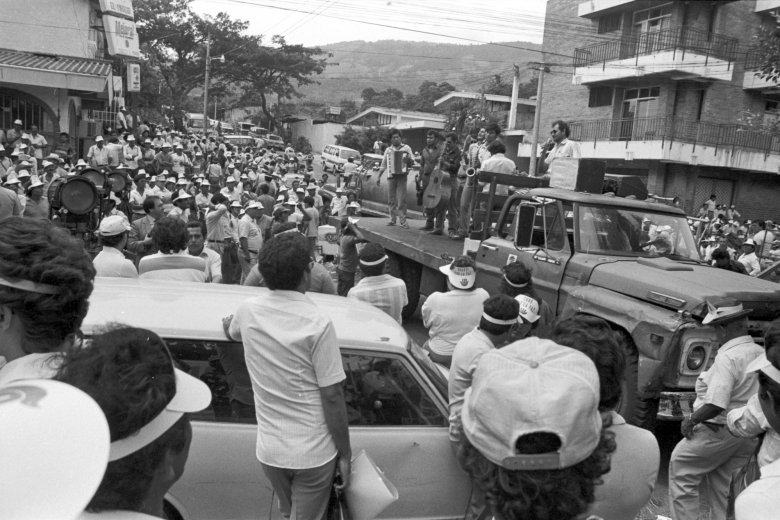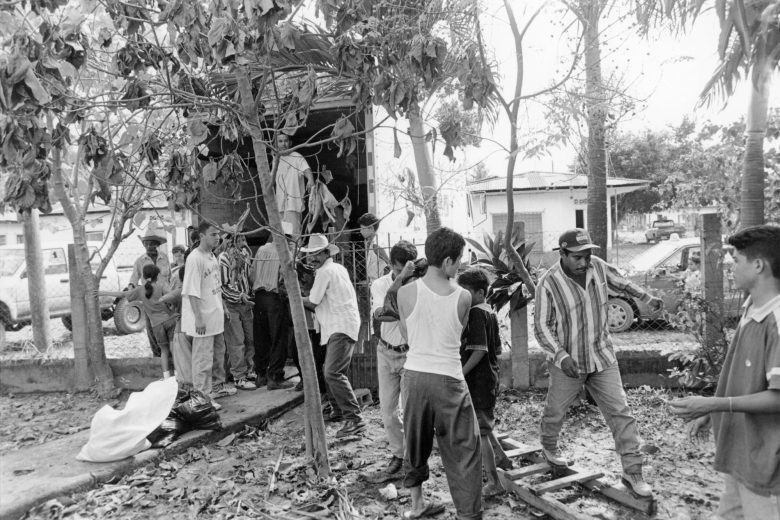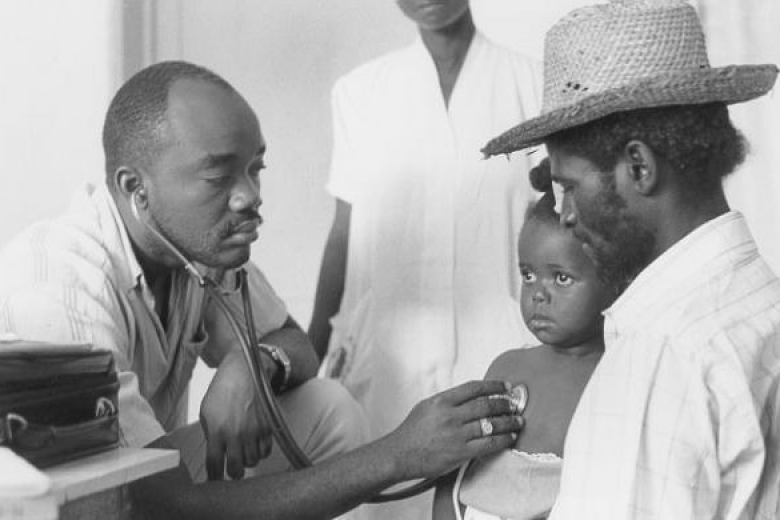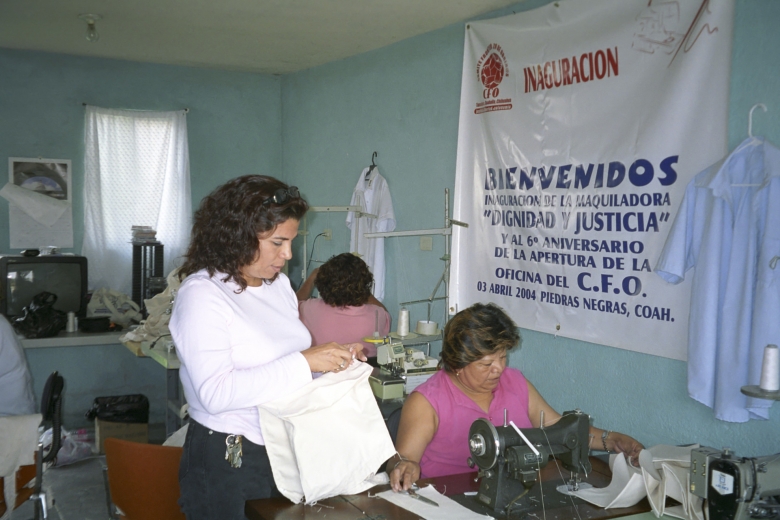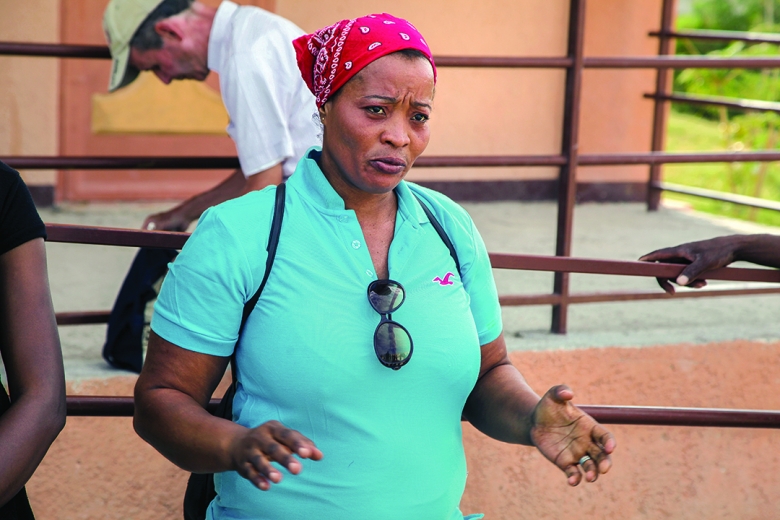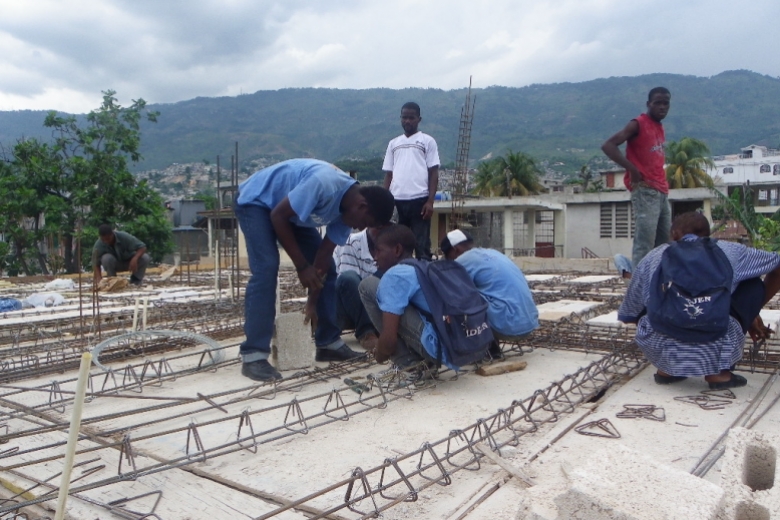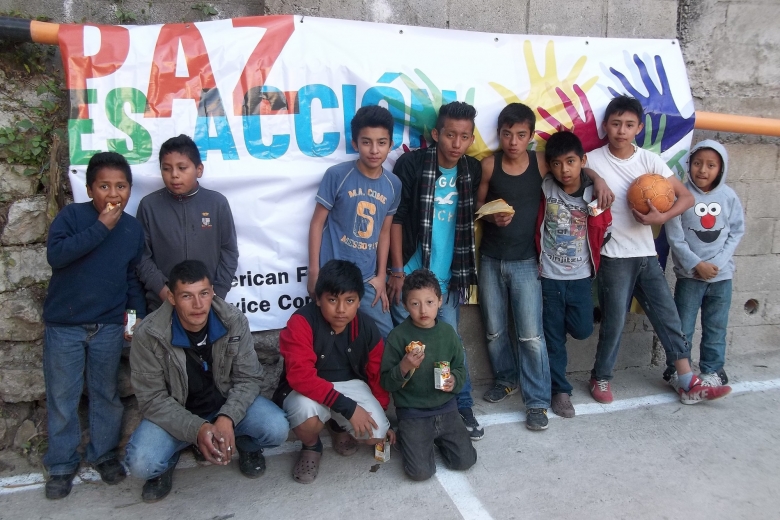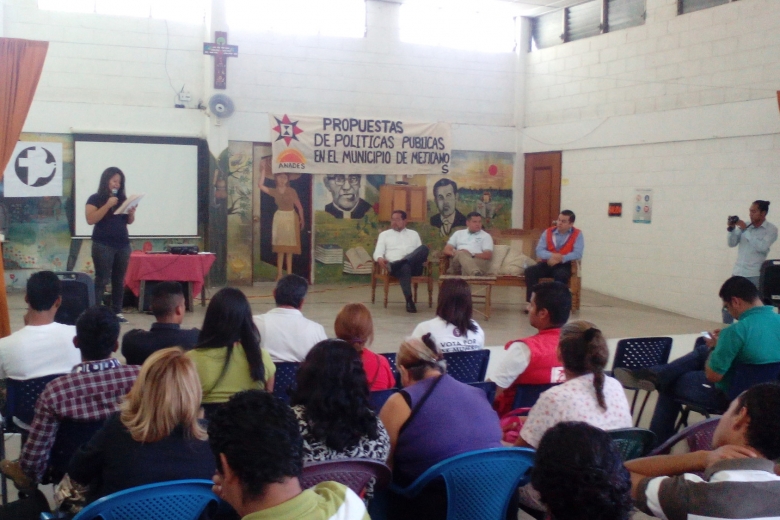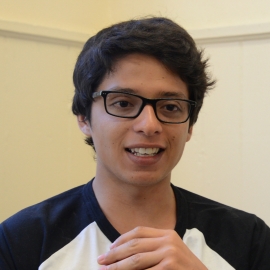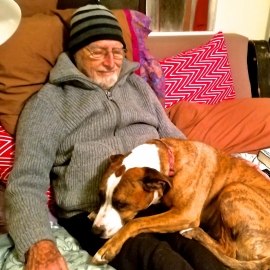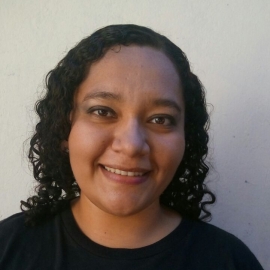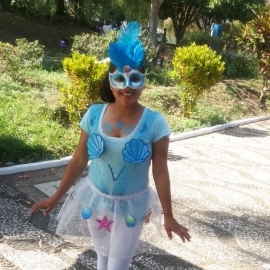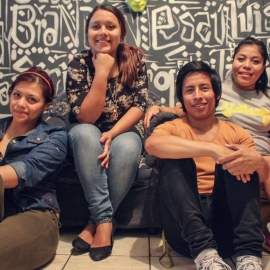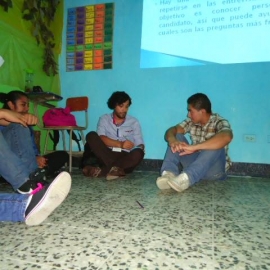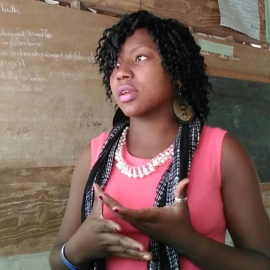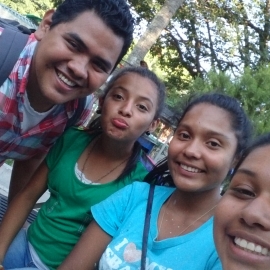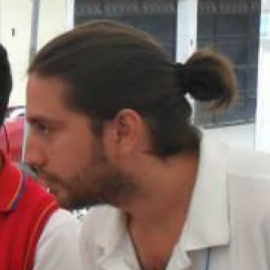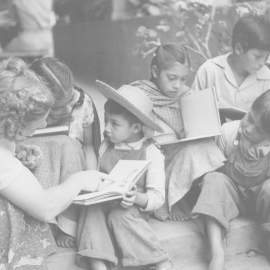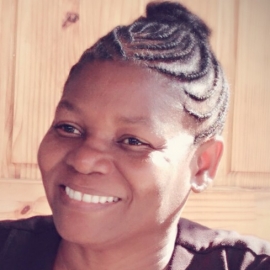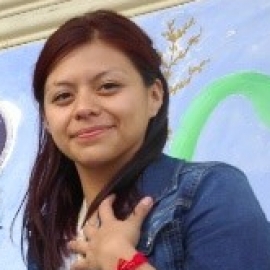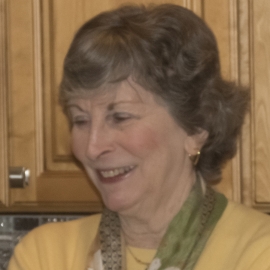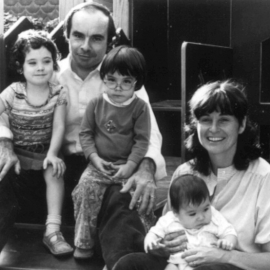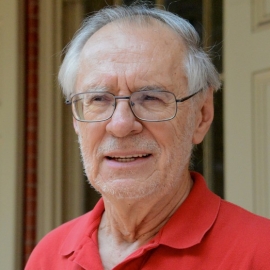In Latin America, someone with poder de convocatoria, or “convening power,” can assemble the disparate voices in a conflict situation and convince the stakeholders to work together. AFSC’s work as a trusted broker in Latin America and the Caribbean has given us convening power, often in splintered, violence-torn nations. Across the region, we have provided funding and technical assistance to help restart civil society after years of conflict. And we’ve been present to assist when natural disasters strike.
Today we are convening local peace networks in Haiti, Guatemala, and El Salvador, empowering citizens to take back their communities. Sometimes, this process intentionally includes youth involved in crime, many of whom have become partners and visible agents of peace in their neighborhoods. In Mexico, we’re standing with groups working to change the prevailing narratives about border security and its relationship to national security. The networks we’ve helped to create are addressing issues such as public safety, youth, and climate change, as well as bringing attention to the demands of indigenous peoples.


